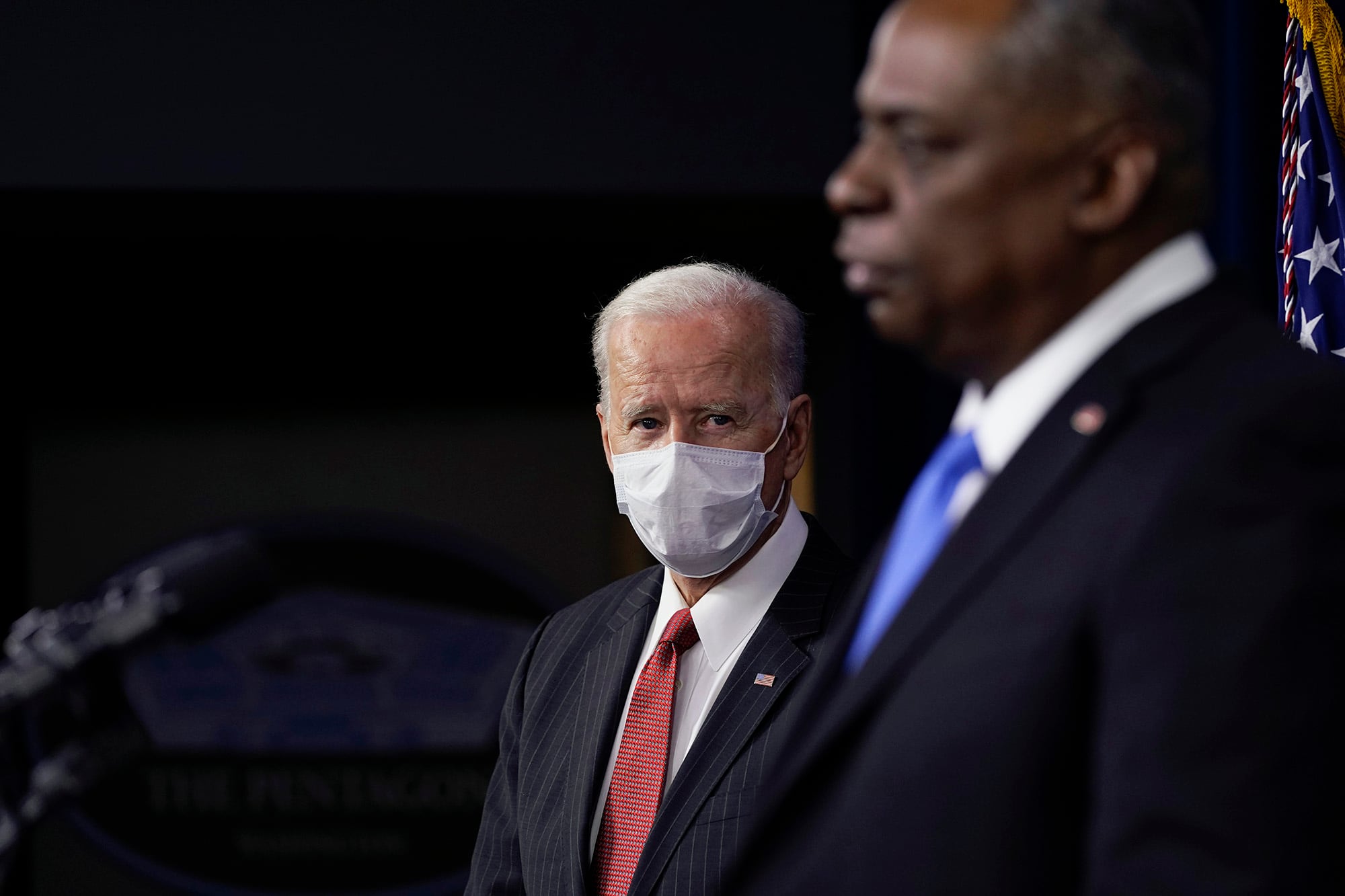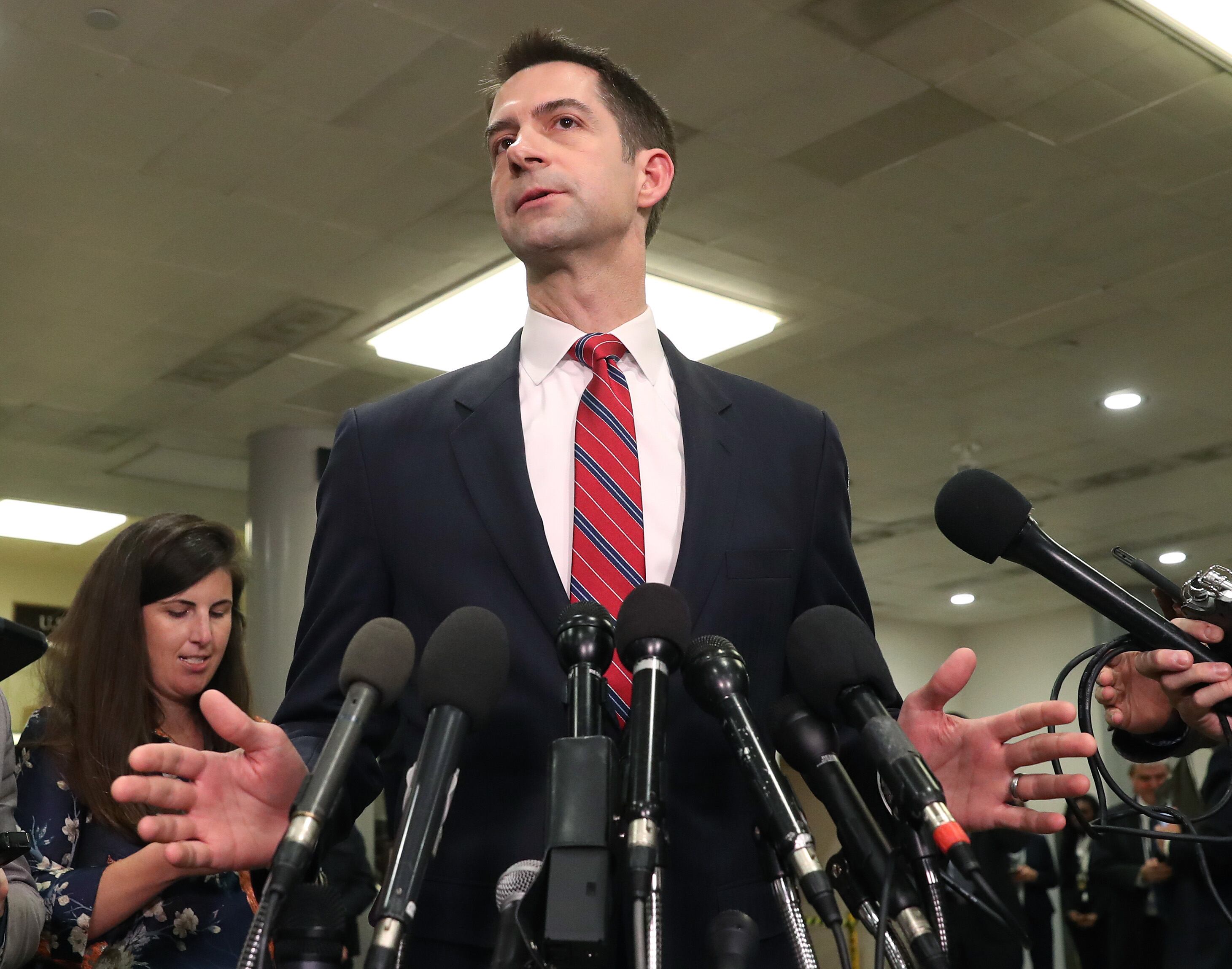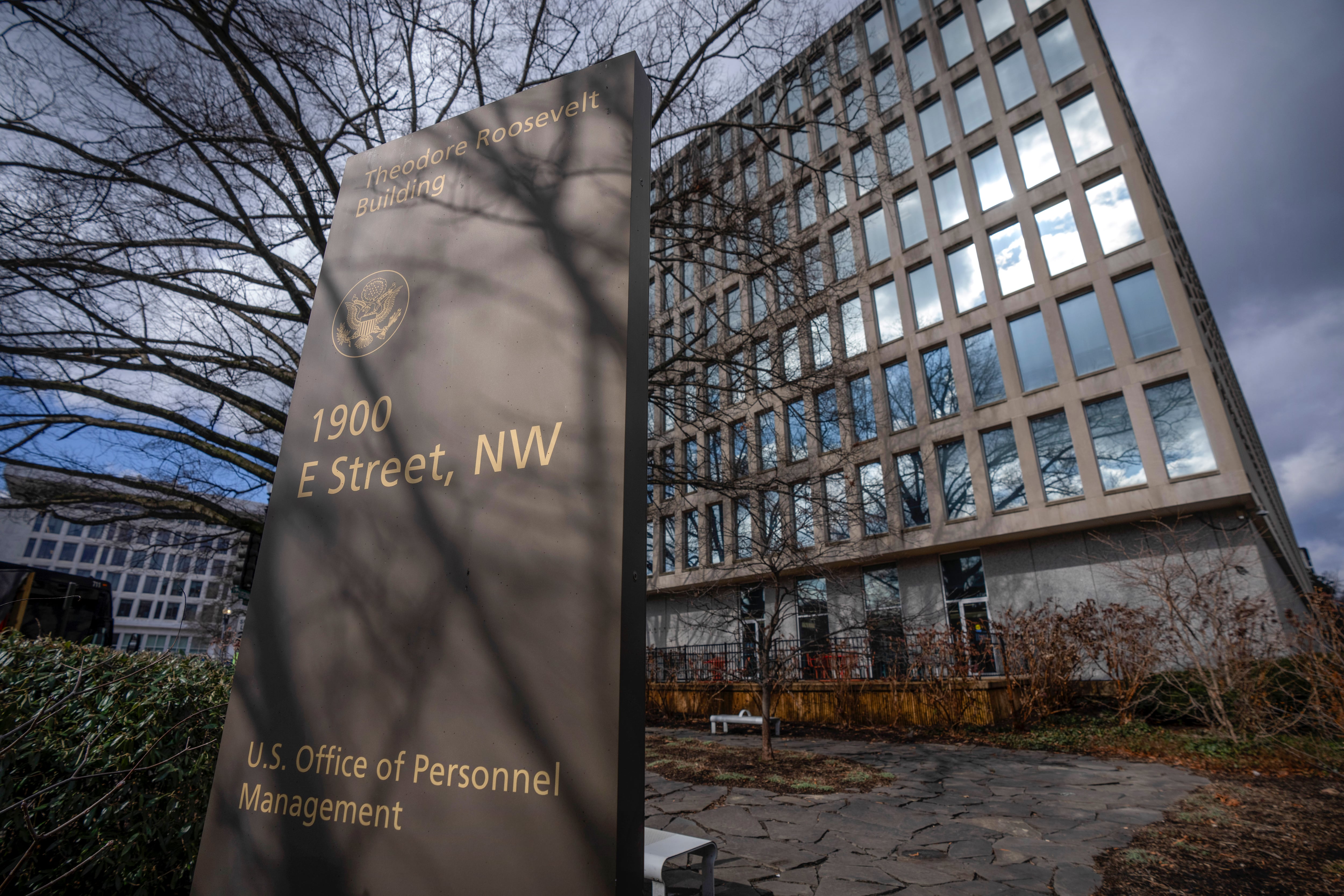WASHINGTON ― It’s time for the United States to be “crystal clear” it will not allow China to invade Taiwan and will end its longstanding “strategic ambiguity” about whether it would come to the island’s defense, said Sen. Tom Cotton, a senior Republican on the Senate Armed Services Committee.
Speaking at a Reagan Institute event to unveil his economic strategy against China, Cotton said Thursday that the U.S. should respond to what he called China’s sharpening rhetoric and actions toward Taiwan, which China claims as its own territory. Last month, the U.S. reaffirmed its support for Taiwan after China dispatched a dozen warplanes near the island.
“The United States needs to be clear that we will not allow China to invade Taiwan and subjugate it. Case closed. No further debate,” said Cotton, the ranking member of the AirLand Subcommittee and former chairman of the Economic Policy Subcommittee.
“I think the time has come to be clear: Replace strategic ambiguity with strategic clarity that the United States will come to the aid of Taiwan if China was to forcefully invade Taiwan or otherwise change the status quo across the [Taiwan] Strait,” he added.
The U.S. should establish further “clear red lines that will require a response by the United States,” such as if China seizes any of the islands claimed by Taiwan or Japan, invades regional allies like India or permits an attack on American troops or allies by North Korea.
RELATED

Cotton’s remarks came as he unveiled a report titled “Beat China,” which included calls for military and diplomatic strength but focused almost entirely on a “targeted decoupling” of the U.S. and Chinese economies ― with several steps to mitigate any resulting economic losses.
That report came a day after the U.S. Chamber of Commerce released its own report saying American companies would lose hundreds of billions of dollars if they slashed investment in China.
“Now is the time for action,” Cotton said. “Any serious strategy to beat China must start with a commitment to decouple our countries and key areas in order to exploit the leverage we still have over China, and minimize this leverage over us, as we pull apart.”
The viewpoints highlight the challenges President Joe Biden faces as he forms his policies toward China, which Defense Secretary Lloyd Austin has described as the top threat to America’s military supremacy. (The Pentagon in recent days launched a new task force on China.)
CNBC reported that Biden will soon announce a review of key U.S. supply chains including semiconductors, high-capacity batteries, medical supplies and rare earth materials. The order is not expected to mention China, but the effort aims to determine America’s economic and military reliance on a critical group of Chinese exports.
China is reportedly eyeing limits on exports of rare earth materials that are critical to manufacturing the F-35 fighter jet and other advanced weapons. Cotton acknowledged those reports and decried various policies that have bolstered China’s leverage.
“China has a virtual monopoly on rare earth mining and processing,” Cotton said. “That means Beijing can ground our most advanced jets at almost any time just by cutting off access to new key inputs. It’s sad that a great nation would ever find itself in such a position. We can’t allow it to continue.”
Cotton called for diversifying foreign sources of rare earths to reduce U.S. reliance on China, building up domestic rare earth production and establishing “a national strategic stockpile of rare-earth inputs large enough to sustain the military and economy for as long as it would take to reach full wartime production.”
The report’s release highlights Cotton’s emergence as perhaps the GOP’s fiercest China hawk. Politico reports the Arkansas senator’s stance toward Beijing has raised his profile in a field of ambitious Republican senators and governors who are beginning to maneuver for 2024.
Among Cotton’s other recommendations, the defense secretary could be made deputy chairman of the Committee on Foreign Investment in the United States as a means to elevate national security concerns in decisions to allow foreign money into American companies.
Cotton would also cut off China from U.S. semiconductor designs and equipment, and he would sanction Chinese firms “that steal and benefit from U.S. intellectual property.” Reminiscent of President Donald Trump’s tough stance toward allies, Cotton said the U.S. must insist allies take similar decoupling measures.
“Some countries are harder to bring along than other countries; that was the case in the Cold War as well,” Cotton said. “But I’m firmly convinced after studying this issue carefully that what happened as a matter of policy ― deep economic entanglements between the United States, Europe and other countries with China ― can be reversed as a matter of policy as well.”
Joe Gould was the senior Pentagon reporter for Defense News, covering the intersection of national security policy, politics and the defense industry. He had previously served as Congress reporter.





